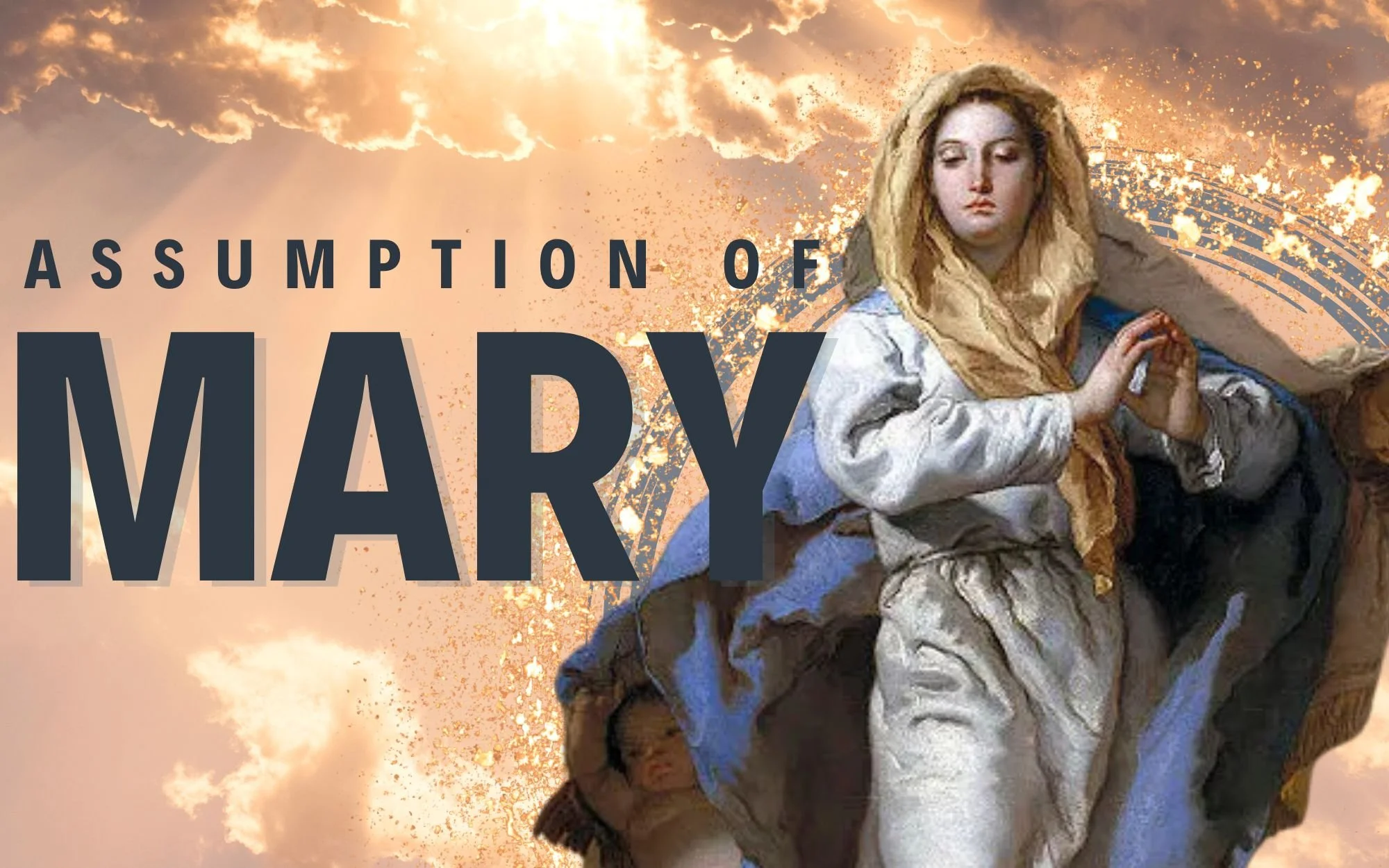A Teaching on prayer
october 19, 2025 | 29th sunday in ordinary time, Year C
Exodus 17:18-13; Psalm 121; 2 Timothy 3:14—4:2; Luke 18:1-8
Today’s scripture readings give us stories on perseverance in prayer. The first story is from the book of Exodus 17:8-13 and the second story is from the gospel of Luke 18:1-8. Both stories teach us the power of persistent prayer even when we face dark situations and hopeless moments in real life.
Odd situations call for persistent prayer.
As they escape from the Promised Land, the children of Israel, refugees at Rephidim are attacked by the Amalekites, a nomadic tribe, a very organized nation; they have everything it takes to wage war. The Israelites are not organized at all. Joshua is told to pick men at random to go to the battle while Moses and Aaron and Hur go to pray at the mountain. Humanly speaking, all the odds are against Israel. Then, we have the widow, who represents together with the orphans and the stranger, the weakest of the community in the time of Jesus. She comes by herself, meaning she has nobody to protect her. This widow is pleading her cause for justice persistently from a judge in the city who never feared God nor respected human beings. Like the Israelites in the first reading, there is very little chance that this widow will obtain what she is looking for. Yet, she persisted to come day and night.
We can often find ourselves in similar situations like Israelites and the widow in the gospel. We, ourselves or our loved ones can be mown down by the Amalekites, Our sinfulness, defects, circumstances that surrounds us, all kind of things that can afflict us, loss of loved ones or a job, battling with cancer or any other situation where there is very little that we can do. The readings remind us that our help comes from the Lord who made heaven and earth (Ps. 2121:2). Nothing is more powerful, nobody is more powerful than the Lord God. The God we serve is the God who made everything that exists. As long as we are petitioning him, the battle will be in our favor.
Don’t lose heart / don’t give up
We live in an instantaneous society, we love quick answers, instant coffee, instant food in the microwave. We want God to fix our problems in exactly the same way. “God fix my situation now” if this is not done, we tend to give up. Moses, Aaron and Hur remained in prayer for a long time - as long as the battle continued. The widow persevered until the unjust judge delivered her a just decision. Let’s persevere in prayer so that the Son of Man comes, and find faith on earth.
Tactics in prayer are important
Besides perseverance, as long as Moses kept his hands raised up with the staff, Israel had the better fight but when he let his hands rest, Amalek had the better fight. The scriptures tell us that Moses' hands grew tired. And to overcome this weakness, they put a stone in place for him to sit on. Meanwhile, Aaron and Hur supported his hands, one on each side. Sometimes, we also grow tired of prayer. We need support; we need the Community, the Church in our prayer. “Wherever two or three are gathered in my name, there am I” (Mt. 18:20) Just in the previous verse, Jesus said: "if two of you agree on earth about anything for which they are to pray, it shall be granted to them" (Mt. 18:19). St. John Chrysostom rightly said, “Unity in prayer is powerful”. Also Moses holding in his hand, the staff that he used to overcome pharaoh, to open the red sea and to bring out water from the rock reminds us that our true intercessor is Jesus Christ, whose arms are raised on the cross to free us from the power of evil. Jesus raised his arms on the cross to die for us. Our prayers are therefore addressed to unjust judges, but the God who is on our side; He is not going to be slow to hear our prayers. "If God is for us, who can be against us?" (Romans 8:31). Don’t give up on prayer!
Mary, Mother of perpetual help. Pray for us!
Fr. Georges Roger Bidzogo SAC
Living The Gospel This Week
In the light of today’s liturgy, I would like to meditate on this quote of Mother Teresa: "Never be discouraged if you are distracted in prayer. Give God that nothing". Mother Teresa invites us to persevere in prayer, encouraging us not to give up when their minds wander, but to remain faithful and offer even those distractions to God. We are all victims of distractions during prayers. However, Mother Teresa keeps reminding us that, God can work through our weaknesses and that genuine, persistent effort in prayer, even when difficult, is more important than perfect focus. St. John of the Cross, is a great mystic who teaches that, instead of trying to eliminate our distractions, one can use them as opportunities to bring the heart's desires before God revealing true attachments and deepening our prayer experience.
Fr. Georges Roger Bidzogo SAC




















